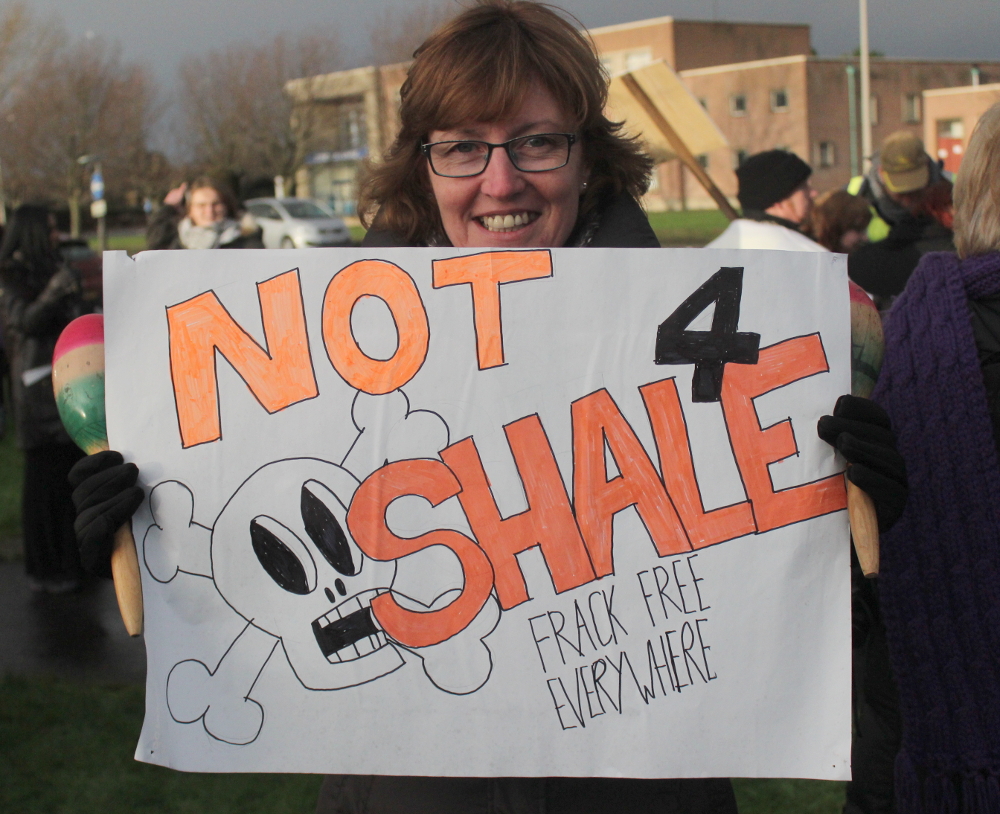
INEOS legal challenge of fracking ban opens in Court
Ineos and Reach CSG’s judicial review of the Scottish Government’s ban on fracking opened in the Court of Session today with lawyers setting out Ministers’ response to the petition.
James Mure QC for the Scottish Government argued that the petition should be refused on the grounds that no decision to ban fracking had yet been made. He described the statement to Parliament on 3rd October 2017, when Energy Minister Paul Wheelhouse MSP announced that the Scottish Government would not support fracking, as a statement of preferred policy, rather than a decision. Since a strategic environmental assessment (SEA) was required in relation to an actual policy decision of this sort, and indeed such an SEA was currently underway, clearly no decision had been made at this stage, therefore the petition was premature and should be refused. Further, when the Minister described the position of the Government as an ‘effective ban’ this was nothing more than ‘a gloss’ – a means of communicating perhaps, but not a fact of law.
This line of argument could strike at the very heart of the petition according to the judge hearing the case, Lord Pentland, who urged Gerry Moynihan QC for INEOS and Reach CSG to consider what remained of their grounds for challenge in light of this fundamental point.
Should Lord Pentland be persuaded by this argument, the case could potentially be settled on this point alone, avoiding the need to determine the merits of INEOS and Reach’s arguments on the 6 grounds of challenge.
However, were this to transpire, any sense of victory felt by those of us who fought for and support the fracking ban may be short-lived: once the SEA process is complete, and a decision has been finally made, Ineos and Reach would be free once again to seek to legally challenge that decision.
The hearing will start again tomorrow at 10am and has a total of four days scheduled in court.
*****
We are making a public interest intervention in the case arguing that the Scottish Government was obliged to ban fracking in order to meet its own legally binding climate change commitments. You can read more about why we decided to get involved in the case on our blog, and download our intervention in full here.
Read about what happened in court on Day 2
